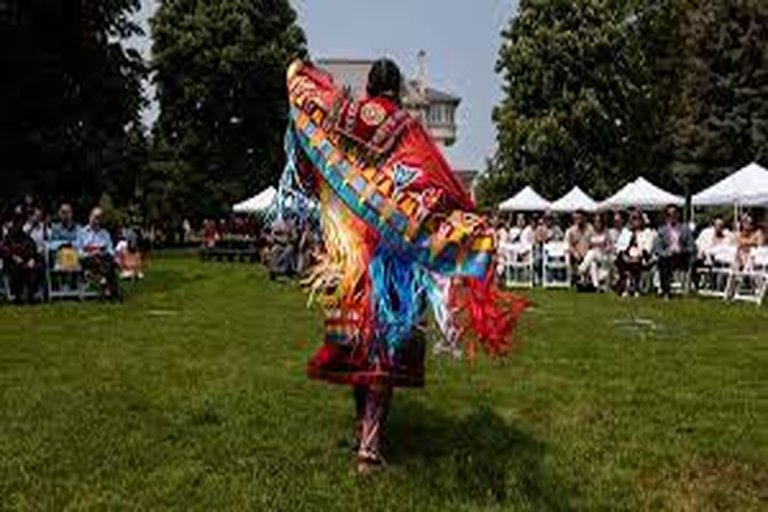The Toronto International Film Festival (TIFF) has announced a new programming track dedicated entirely to Indigenous cinema, marking a major step toward inclusion and visibility for Indigenous filmmakers across Canada and beyond. The initiative, called Indigenous Visions, will debut at this year's festival with a curated slate of 14 feature films and a series of community-led panels.
TIFF organizers say the track was developed in collaboration with the Indigenous Screen Office and guided by an advisory circle composed of Indigenous artists, elders, and industry professionals. The goal is to ensure that Indigenous storytelling is not only present, but prioritized in one of the world’s most prestigious film events.
The opening film of the program, 'We Still Breathe,' is a powerful feature from Cree-Métis director Raven Thomas. The film explores intergenerational trauma and healing in a northern Alberta community and was produced entirely by an Indigenous-led crew.
In addition to feature films, the track includes a showcase of short films, experimental media, and retrospectives honoring the work of Indigenous pioneers in Canadian cinema. All screenings will be accompanied by live Q&As with filmmakers, fostering direct dialogue with audiences.
“This isn’t about checking a box—it’s about reshaping the lens through which cinema is curated,” said Tanya Watts, TIFF’s Director of Programming. “Indigenous cinema has always existed. We’re now making sure it’s given the platform it deserves.”
Workshops on land-based storytelling, language revitalization in film, and Indigenous approaches to distribution are also planned. Many will be open to the public and held at venues across Toronto, including the TIFF Bell Lightbox and local community centers.
For many emerging Indigenous filmmakers, the program represents both opportunity and responsibility. 'It’s a moment to be seen and heard,' said filmmaker Jordan Baptiste, whose debut film 'Feathers in Smoke' will screen on opening weekend. 'But also a reminder that we carry stories that deserve care and respect.'
To make the program accessible, TIFF is offering discounted tickets and travel bursaries for Indigenous attendees. Partner organizations have also secured housing and meal stipends for artists traveling from remote regions.
Funding for the initiative comes from a mix of public and private sources, including Telefilm Canada, the Canada Council for the Arts, and several Indigenous arts collectives. Organizers say the model may be replicated by other festivals globally.
The track is already generating international attention, with several films picked up for global distribution following pre-screenings in Berlin and Los Angeles. Industry insiders say it signals a major shift in the landscape of festival programming.
Critics have long called for deeper engagement with Indigenous cinema beyond land acknowledgements or token screenings. With Indigenous Visions, TIFF is positioning itself at the forefront of that change—and committing to long-term transformation.
The program will run throughout the entire festival and is expected to become a permanent fixture in TIFF’s annual calendar. Organizers hope it will inspire audiences to reimagine what Canadian cinema truly looks like—and who it belongs to.
